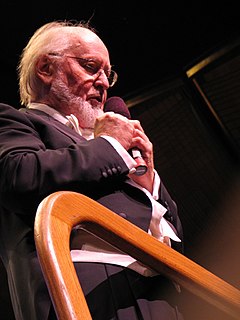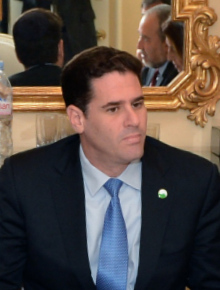A Quote by David Ignatius
If you want to hear arguments against deploying a big U.S. ground force in Syria, just ask a general.
Related Quotes
When confronted with two courses of action I jot down on a piece of paper all the arguments in favor of each one, then on the opposite side I write the arguments against each one. Then by weighing the arguments pro and con and cancelling them out, one against the other, I take the course indicated by what remains.
Russia has a long-term interest in Syria. Israel by and large does not have an issue with those long-term interests that Russia has in Syria. Israel has an issue with an Iranian regime that is trying to establish this land bridge, and that openly calls and actively works for Israel's destruction. And if you ask a hundred Israelis what they want to see in Syria, you're going to get 150 answers.
I think the president's [Barack Obama] position has been very clear on Syria. He wants more aggressive, he's put the Special Ops on the ground, in fact one of the Republican criticisms is he's got thousands of Americans there. We just don't call them troops on the ground, we don't admit to it. But they are there.
We are organising our enemies into a formidable force, we are The US public has turned against the war, the Republicans and Democrats have turned against the war. And so when the American public turns against the war and the Congress turns against the war, it suggests that Americans feel we cannot win that war in those conditions. So the Iraqi Commission says, "Well, we can't win this war militarily, we need to reassess potential allies." There's Syria, there's Iran.






































